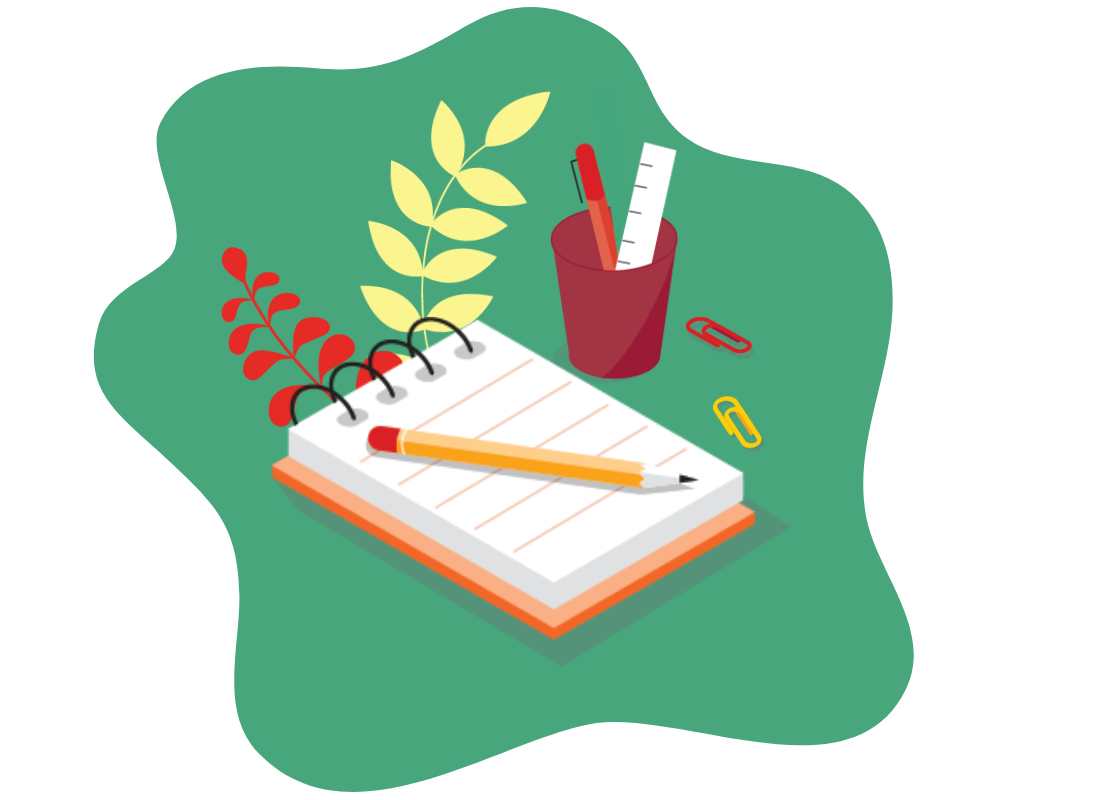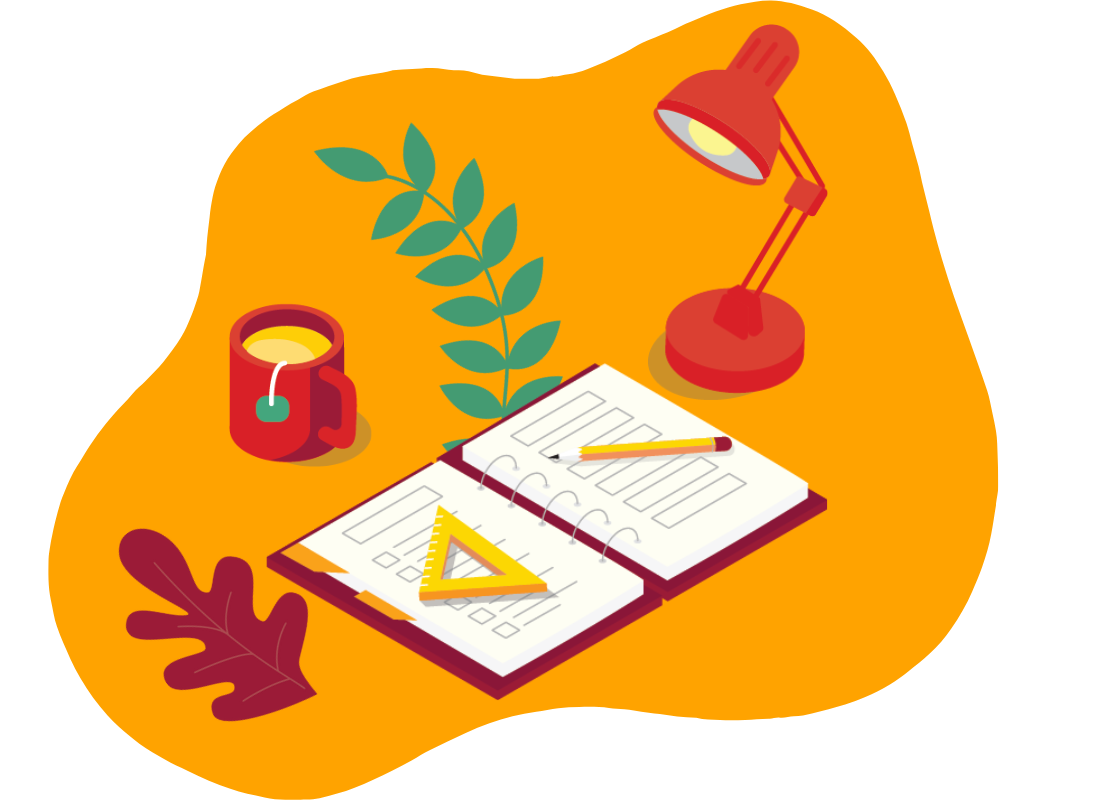Writing Support Workshops
Through the fall and winter semesters, Writing Support offers workshops that all University of Calgary students can attend.

Writing Workshops
Attend a writing support workshop to gain helpful strategies from experienced writing tutors in a group setting. Select workshops can be applied towards our Writing Digital badges
Foundational Writing Series

This workshop offers students an introduction to the some of the expectations and challenges that can that affect the writing process. It explores a number of strategies that can help overcome writers’ block and ensure that the process of completing a written assignment is more productive and less frustrating. It features topics like finding sources, and key points to consider when planning to write your paper. This workshop also explores significant concepts to help you improve your writing skills.
Learning outcomes
- Gain an understanding of writing goals and processes
- Learn strategies for challenges associated with the writing process
- Gain understanding about qualitative and quantitative expectations of university writing
Rather than struggle to create a perfect thesis statement on your own, work through this process with us. This workshop offers an overview of essay structure with a particular focus on thesis statements and their role in building arguments.
Learning outcomes
- Learn about the features of different types of essays
- Gain strategies for developing and supporting arguments
- Gain an understanding of how to tie elements of a paper together.
- Learn strategies for drafting effective thesis statements
This session provides you with a number of strategies for using sources effectively in your writing. It also focuses on a considerations that are important to consider when you paraphrase an original text, summarize a paragraph, and quote ideas of others. This workshop helps you avoid unintentional plagiarism.
Learning outcomes
- Gain understanding about the features of ethical use of source material
- Learn the differences between legitimate and illegitimate paraphrasing.
- Learn strategies for incorporating and citing evidence
Clarity and concision focuses on how to increase the clarity of your writing and how to become a writer who gets straight to the point. Find out how to increase the clarity of your writing and other tips.
Learning outcomes
- Gain understanding about the revision process.
- Learn strategies for effective self-editing
- Gain understanding about core English grammar concepts
Focused Writing Series

Did you know that there's more to the success of an academic argument than logic? In this workshop, you'll become familiar with the rhetorical “moves” common to most research articles so that you can employ them in your own writing. Using excerpts from research articles in a range of disciplines, we’ll learn how to distinguish clearly between your research problem, the importance of your research problem, and the background to your research problem; how to diplomatically articulate the research gap you intend to fill; how to justify your methodological choices; how to explain any differences between your results and the results of previous researchers; and how to acknowledge your study’s limitations and make suggestions for further research.
Learning outcomes
Students will become familiar with the rhetorical “moves” common to most research articles so that they can employ them in their own writing.
The research proposal is a genre of writing with its own distinctive characteristics, familiarity with which is essential if you are to write a successful research proposal of your own. To this end, our writing workshop will focus on the purpose, organization, language, and intended audience of the research proposal, using real-world examples from a range of disciplines. In the process, you will learn how to convey the object, importance, and, most importantly, the feasibility of your research project.
Please note that this session does not provide information related to preparing proposals for scholarship/funding applications.
Learning outcomes
Students will become familiar with the purpose, organization, language, and intended audience of the research proposal so that they can apply this knowledge to writing their own proposal.
The literature review is a genre of writing with its own distinctive characteristics, familiarity with which is essential if you are to write a strong literature review of your own. To this end, our writing workshop will focus on the purpose, organization, language, and intended audience of the literature review, using examples from actual University of Calgary dissertations from a range of disciplines.
Learning outcomes
Students will become familiar with the purpose, organization, language and intended audience of the literature review so that they can write a strong literature review of their own.
Although not all scholarship applications are equal, there are enough commonalities in purpose, organization, language, and intended audience to consider it a distinct genre of writing. Familiarity with these generic elements are essential if you wish to write a successful application of your own.
Using real-world examples of such components of a scholarship application as the statement of intent or purpose, this workshop will focus on organizational strategies and perception management, particularly issues of style and tone, which should reflect the needs and expectations of the intended audience.
Learning outcomes
Students will become familiar with the purpose, organization, language, and intended audience of the scholarship application, including the letter of intent or purpose, in order to be able to create a stronger application.
